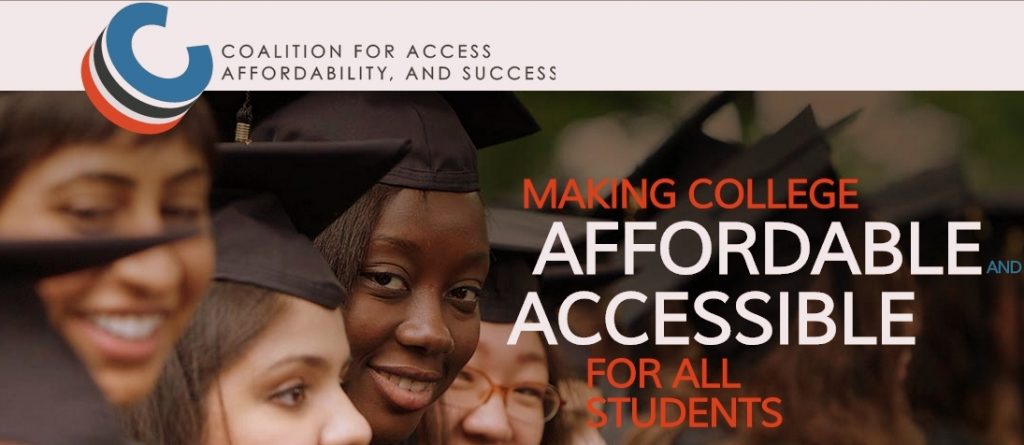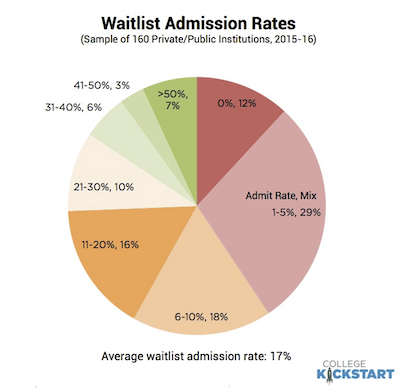Coalition Application Users Posted
The Coalition for Access, Affordability and Success is unveiling a new college application this summer and has announced which of its members will be using it in the next admissions cycle and which are holding off a year. Fifty-eight will use the new application and 36 will not. The list may be found here.
The (58) schools planning to accept the Coalition application for 2016/2017 are:
Amherst College
Bowdoin College
Bryn Mawr College
CalTech
Carleton College
Claremont McKenna College
Clemson University
Colgate University
College of the Holy Cross
College of William & Mary
Columbia University
Connecticut College
Davidson College
Denison University
Duke University
Emory University
Harvard University
Indiana University – Bloomington
Johns Hopkins University
North Carolina State University at Raleigh
Northeastern University
Northwestern University
Ohio State University
Pennsylvania State University
Pomona College
Purdue University
Reed College
Rice University
Rutgers University – New Brunswick
St Olaf College
State University of New York – Binghamton University
State University of New York – College at Geneseo
Swarthmore College
Texas A&M University
Tufts University
Union College
University of Chicago
University of Connecticut
University of Florida
University of Iowa
University of Maryland – College Park
University of Minnesota – Twin Cities
University of Pennsylvania
University of Pittsburgh
University of Rochester
University of South Carolina
University of Virginia
University of Washington
Vanderbilt University
Virginia Polytechnic Institute and State University
Wake Forest University
Washington University in St. Louis
Williams College
Yale University
The (36) additional member schools that will accept the Coalition application for 2017/2018 are:
Brown University
Colby College
College of New Jersey
Colorado College
Cornell University
Dartmouth College
Florida State University
Franklin and Marshall College
Franklin W. Olin College of Engineering
Grinnell College
Haverford College
Illinois State University
James Madison University
Miami University – Ohio
Michigan State University
Middlebury College
Mount Holyoke College
Oberlin College
Ramapo College
Skidmore College
Smith College
State University of New York – University at Buffalo
University of Georgia
University of Illinois at Urbana-Champaign
University of Mary Washington
University of Missouri
University of New Hampshire
University of North Carolina at Chapel Hill
University of Vermont
Vassar College
Wellesley College
Wesleyan University



